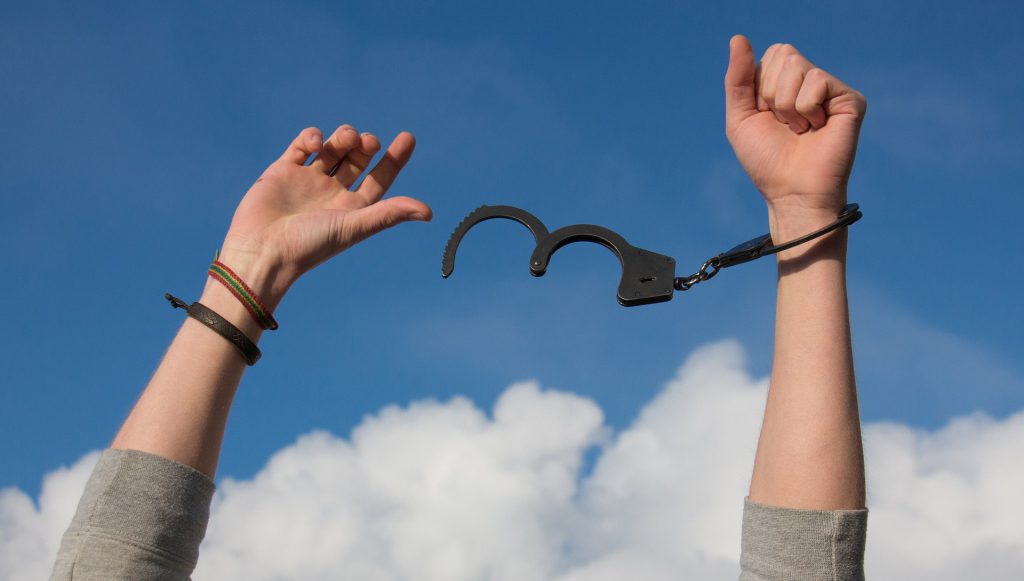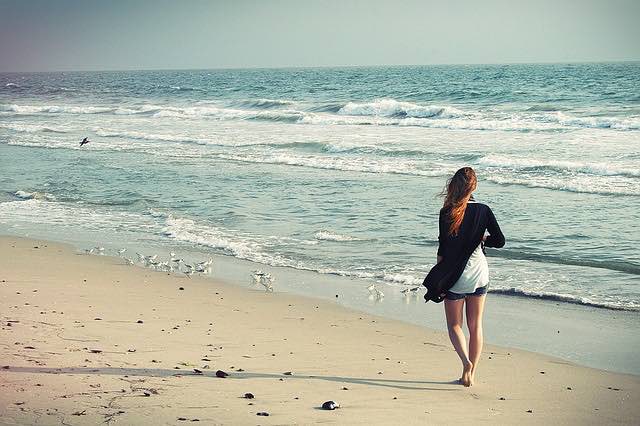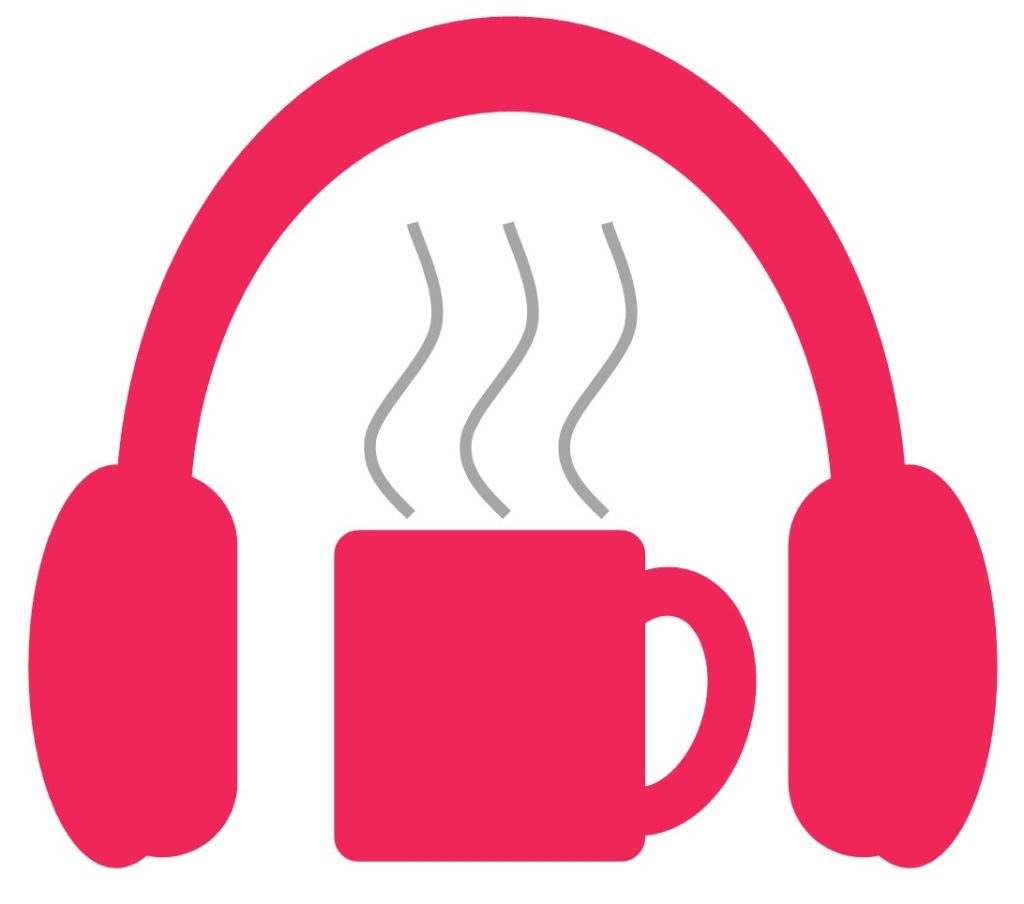Ieva believes that innovation is the answer to achieving competing goals in organisations. In her research Ieva looked at how creative behaviours effect organisations bottom line such as sales and customer satisfaction. She is passionate about helping individuals, teams and organisations to understand how to develop individual strategies, management practices and environment for productive creativity.
Ieva’s work examines the individual’s drive to engage in creative process and organisational factors that facilitate or inhibit this motivation. In her work Ieva tested how a creativity-oriented Human Resources Management system enables individual creativity through employee satisfaction of basic needs: autonomy, competency and relatedness. Ieva continues examining other competing motivational mechanisms, social factors and management practices that enhance or inhibit innovations in project teams.
Ieva received a PhD in Management from Aston Business School and joined the University of East Anglia as a Lecturer in Business and Management in July 2013. Prior to re-entering academia, Ieva spent several years in industry, working as a sales area manager in a pharmaceutical sector and later continued her career as an organisational consultant. Ieva presented her work at Academy of Management, Society for Industrial and Organisational Psychology, European Association of Work and Organisational Psychology conferences and is a member of these organisations.
Related posts
It is the experience of autonomy, competence and relatedness that fuels an inner drive. Creating a work environment that satisfies intrinsic motivations will help you retain talents in your team.
Spotting and communicating issues is a drive for organisational improvement, but all too often the whistle-blowers are punished. Dr Ieva Martinaityte explores how speaking out can be used for positive influence.
A coworking space could become a collaboration opportunity and enhance innovation by bringing inhouse R&D teams into contact with external networks and start-ups with disruptive technologies.
Creative work is often marked by an impasse. Exercising helps your conscious mind to relax, and your inner critic to rest. You might be surprised by unexpected and original combinations that emerge.
Wouldn’t it be great if you knew that caring about your own creativity could help your team to live up to their creative potential?
The quality of our ideas can be improved by connecting different concepts and building on existing ideas. In fact, researchers showed that over five weeks a meditating group was able to significantly increase their ability to improve on each other’s ideas.
Brainstorming often seems simple, but it isn’t, as Anne Miller and Ieva Martinaityte discuss in the first of our podcasts about creativity.









